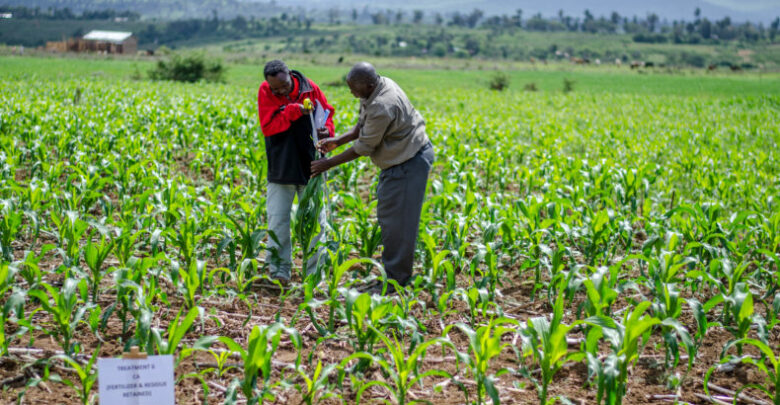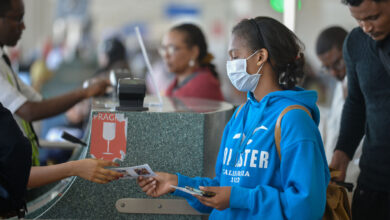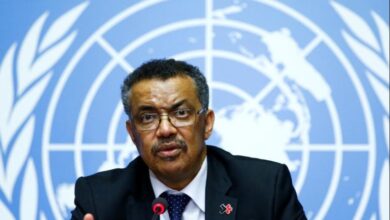World
Kenya To Launch Climate Atlas To Gauge Climate Change Impact On Crop Production

Kenya is going to launch its first localized weather modeling system early next year that will provide crucial data on how climate change will impact crop production across the east African nation in the decades to come, reported Reuters.
The Climate Atlas has been developed by researchers of Kenya’s Jomo Kenyatta University of Agriculture and Technology. The weather-predicting system will provide projections on rainfall and temperature patterns across Kenya’s 47 counties from the year 2050 to 2100.
John Wesonga, the lead developer of the web-based Climate Atlas platform, said there were countless global climate modeling systems available, but none provided localized data for Kenya over a long period.
In an interview with the Thomson Reuters Foundation, Wesonga said the Climate Atlas will provide weather researchers with future scenarios of what the weather patterns will be like at a county-level in Kenya.
“We are looking for data such as in which locations will we see the highest and lowest temperatures and rainfall, how high and low will the temperatures and rainfall likely to be, what time of year they will happen, and how long they will last,” he added.
The weather projections can be used by policymakers, researchers, farmers, and businesses to shift to interventions from using more resilient crop varieties to improving drainage during drought and floods respectively.
Notably, climate change is taking a toll across East Africa. The increasingly erratic weather from recurring droughts to heavy rains is becoming quite common in countries such as Kenya, Somalia, Uganda, and Ethiopia.
The central, western, northeastern and coastal parts of Kenya have been facing floods since October. Heavy rains in the region have inundated farmland, destroyed infrastructure and killed at least 48 people.
The Climate Atlas will likely be unveiled in Kenya in March 2020. The model was first developed and used in the Netherlands and is also now being developed for Bangladesh and Indonesia.






